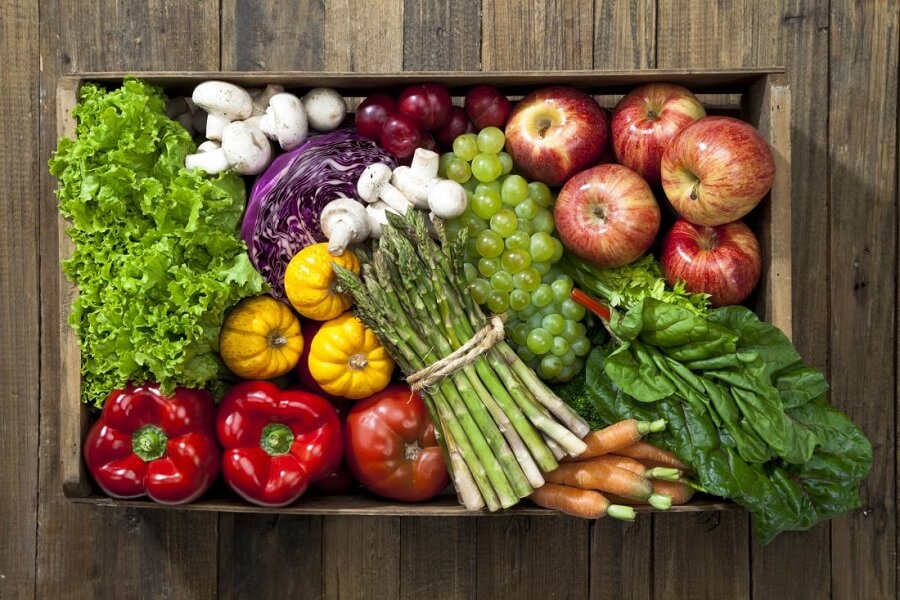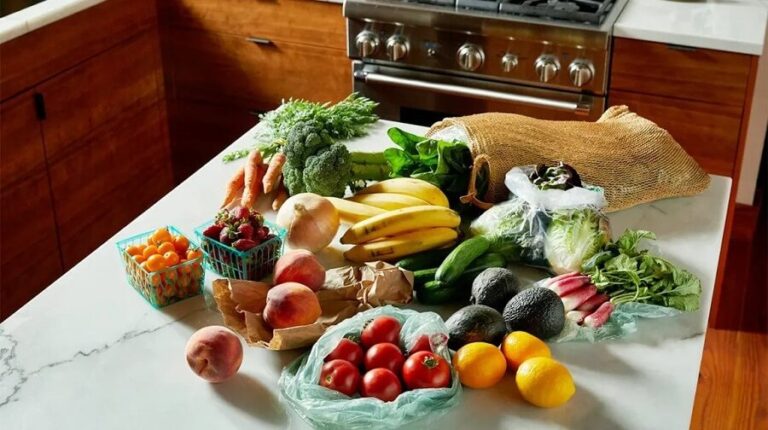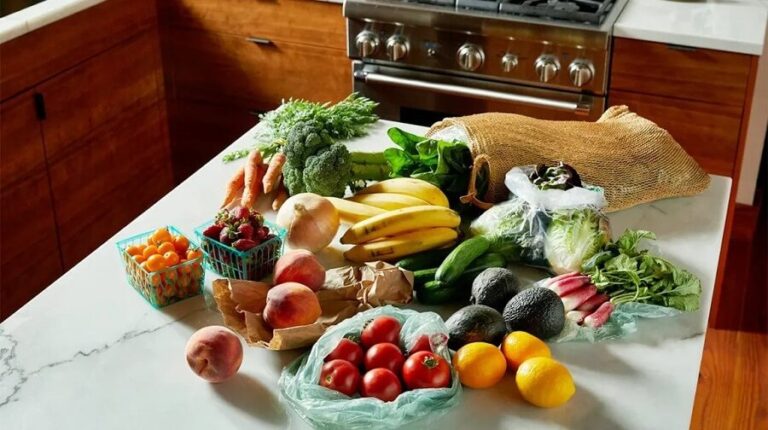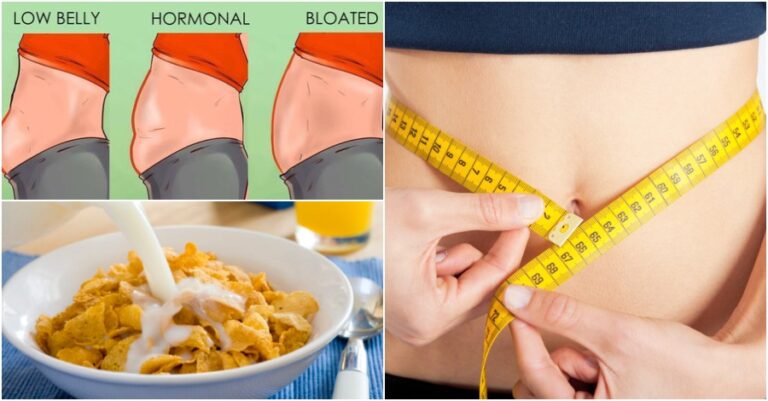An excess of daily calories is the leading cause of overweight and obesity. While excessive calorie counting is not recommended, having an idea of how many calories you need per day is an effective method of achieving your ideal weight.
Research has confirmed a tendency to underestimate the calories in dishes. In particular, when an unhealthy food (junk food) is combined with other healthy ones (vegetables and fruits).
It is best to count calories once or twice and then stop to avoid this.
The following article details a simple formula for counting calories, the calories in a dish, and the calories in the day.
What are calories?
A calorie is a heat required to raise 1 degree Celsius to 1 gram of water.
In nutrition, the word calorie refers to the energy that food has. What is meant by calories is the unit of measurement of each dish’s energy.
The calories a person should eat per day depends on several factors. The formula for determining the number of calories needed per day is based on the calculation of the metabolic rate (4).
On the other hand, to count calories in a dish or food, you have to consider the grams and the proportion of carbohydrates, proteins, and fats each ingredient has. This data is enough to count the calories you consume at each meal.
And the calorie content?
The calorie is a measure that expresses the total energy value of food. In other words, how many total calories do you have?
Studies have confirmed that most people tend to misjudge the calorie content of food.
The caloric content of foods can be accurately determined by expensive laboratory analysis. However, in practice, a calculation formula is used based on the composition of its ingredients.
How to count calories on a plate?
To count calories in a dish, what you must do is:
- Determine the weight of each ingredient
- Analyze the composition of macronutrients
- Apply the formula of the rule of 3 and add
- Determine the importance of each ingredient
To determine the weight of each ingredient, all you need is a scale. Before preparing a dish, you must record the grams you weigh with a kitchen scale.
Analyze the composition of macronutrients
The second step in counting calories is to analyze the macronutrient composition of each food. That is the number of carbohydrates, protein, and fat grams. They may not appear on the label in natural foods so you can check the USDA tables.
Note: Net Carbs are calculated as Total Carbs – Vegetable Fiber. The total protein and fat content are straightforward.
Apply the calorie content formula and add
The final step in counting the calories in a dish is to apply the formula: (9 x grams of fat + 4 x per grams of protein + 4 x grams of net carbohydrates + 7 x grams of alcohol). Do the same for each ingredient and add.
To calculate the number of total calories consumed for the day, the formula adds up all the dishes and meals of the day. The formula for counting calories for the day is (breakfast calories) + (lunch calories) + snack calories) + (dinner calories) + (snack calories).
How many calories do you need per day?
How many calories are needed per day is something that most people often question when starting weight loss processes.
Although the answer is not unique, international organizations recommend adapting the number of calories according to sex, weight, age, and physical activity. (2.3)
To facilitate this process, you can use tables. Below are tables of how many calories are needed per day based on the basal metabolic rate formula or Harris-benedict:
Calories for Men :
| Age | Level of physical activity | Calories needed per day |
| 17 – 40 years | Low | 2400-2600 |
| Half | 2600-2800 | |
| Alto | 3000-3200 | |
| 41 – 60 years | Low | 2000-2200 |
| Half | 2400-2600 | |
| Alto | 2600-2800 | |
| Over 61 years | Low | 2000-2200 |
| Half | 2200-2400 | |
| Alto | 2400-2600 |
Several calories for women :
| Age | Level of physical activity | Calories needed per day |
| 17 – 40 years | Low | 1800-2000 |
| Half | 2000-2200 | |
| Alto | 2200-2400 | |
| 41 – 60 years | Low | 1600-1800 |
| Half | 1800-2000 | |
| Alto | 2000-2200 | |
| Over 61 years | Low | 1600-1800 |
| Half | 1800-2000 | |
| Alto | 2000-2000 |
Several calories for children :
| Age | Physical activity | Calories needed per day |
| 14 years | Low | 1000-1200 |
| Half | 1200-1400 | |
| Alto | 1400-1600 | |
| 5 – 11 years | Low | 1200-1400 |
| Half | 1400-1600 | |
| Alto | 1600-1800 | |
| 12 – 16 years | Low | 1500-1600 |
| Half | 1600-1800 | |
| Alto | 1800-2000 |
Do you have to count calories to lose weight?
To lose weight, the idea is to reduce 10-20% of total calories. However, strictly counting calories is not recommended. Maintaining the habit of counting calories every day can be associated with an increased risk of eating disorders.
Counting calories is a good strategy when starting a weight loss diet. This gives an idea of what the serving sizes should look like. However, measuring the calories in each dish every day is neither necessary nor helpful.
The essential thing to losing weight is to be aware of the ingredients that you eat. Avoiding excess sugar and poor-quality fats is more important than counting calories.
Simple carbohydrates like sugar can cause hormonal changes that long-term can cause overweight, obesity, and the development of chronic enfermedaes as type 2 diabetes.
Instead of counting calories, the idea is to follow the rules of healthy eating, even when the goal is to lose weight.
Calorie counter How do they work?
Currently, several applications are offered under the name of automatic calorie counters.
To calculate the calories in a dish, this softwares use the same formula mentioned at the beginning: a rule of three based on the proportion of macronutrients.
To count calories, they add up all the dishes for the day.
While a calorie counter can give you a rough idea and is an excellent motivational tool to lose weight, we remember that it is essential not to get obsessed.
Counting calories at all times is not a good idea for healthy weight loss.
How to count calories? – ABSTRACT
Counting calories in dishes is easy. It takes a calculator and a scale and applies the formula.
To count the calories consumed per day, the total KCal of each dish must be added. Then it must be compared with official tables.
You always get an approximate value; obsessing over the exact number does not make sense.
To lose weight, counting calories is not the most crucial; although it is helpful to limit portions, cutting sugar and trans fat is equal to or more important than counting calories.







